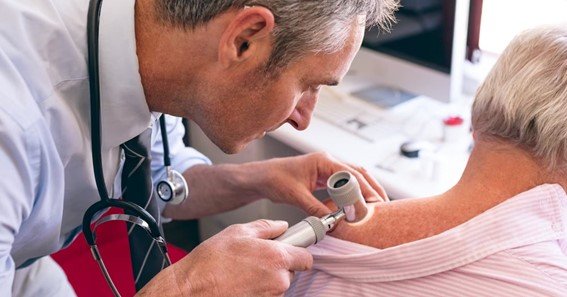Acne is a common skin condition that affects millions of people, but treating it can sometimes be costly, especially if you require prescription medication or dermatologist visits. If you are a Medicaid recipient, you might be wondering: Does Medicaid cover acne? In this article, we will explore Medicaid’s coverage for acne treatment, medications, and dermatology services to help you understand your options.
Does Medicaid Cover Acne Treatment?
One of the most frequently asked questions is, does Medicaid cover acne treatment? The answer depends on the state you live in, as Medicaid programs vary by state. In most cases, Medicaid does cover acne treatment, but the specific services and medications may differ.
Medicaid Acne Coverage 2024
In 2024, Medicaid continues to provide coverage for essential medical services, including some dermatology services. For those wondering does Medicaid cover dermatology for acne, the answer is yes, but with limitations. Medicaid typically covers medically necessary acne treatments, which may include visits to a dermatologist, prescription medications, and sometimes even specialized treatments like light therapy, depending on your state’s plan.
Medicaid Dermatology Services for Acne
When it comes to dermatology services, Medicaid may cover visits to a dermatologist if your acne is considered medically necessary to treat. This means that Medicaid health benefits for acne treatment can include prescription medications and dermatological procedures, provided they are deemed essential by your doctor. Dermatologist visits covered by Medicaid are often essential for those who suffer from severe acne, as a specialist can prescribe stronger treatments that over-the-counter options may not provide.
Medicaid Acne Medication Coverage
One important aspect of acne treatment is medication. Medicaid does cover many prescription medications, including those for acne. If your doctor prescribes acne medications, Medicaid acne medication coverage may include topical treatments like retinoids, oral antibiotics, or even isotretinoin for severe cases. However, coverage will depend on your state’s Medicaid formulary, so be sure to check which medications are covered in your state.
How to Access Medicaid Skincare Treatment for Acne
To get the best out of your Medicaid coverage for acne, it’s crucial to understand the process. Start by consulting with your primary care doctor, who can refer you to a dermatologist if necessary. If the acne treatment is deemed medically necessary, you can get the benefit of Medicaid skincare treatment for acne at reduced or no cost. Be sure to inquire about your specific Medicaid plan and its coverage of acne treatments to avoid unexpected costs.
FAQ
- Does Medicaid cover acne medication? Yes, Medicaid typically covers prescription acne medications, such as topical creams and oral antibiotics, but the coverage depends on the state’s Medicaid plan.
- Can I see a dermatologist for acne with Medicaid? Yes, Medicaid often covers visits to a dermatologist for acne treatment, provided the treatment is considered medically necessary.
- Are all acne treatments covered by Medicaid? Not all treatments are covered. Medicaid generally covers medically necessary treatments, but cosmetic procedures or over-the-counter medications may not be included.
- Is light therapy for acne covered by Medicaid? In some states, Medicaid may cover light therapy for severe acne cases, but it varies by state and whether the treatment is considered medically necessary.
- What acne medications are covered by Medicaid in 2024? Medicaid may cover topical medications, oral antibiotics, and isotretinoin for severe acne, but coverage will depend on the specific state’s formulary.
By understanding the scope of Medicaid coverage for acne, you can access the necessary treatments without financial stress. Make sure to consult your healthcare provider and check your state’s Medicaid policy to receive the care you need.










